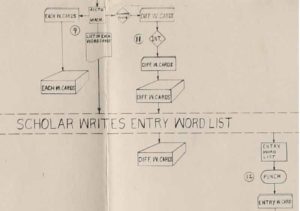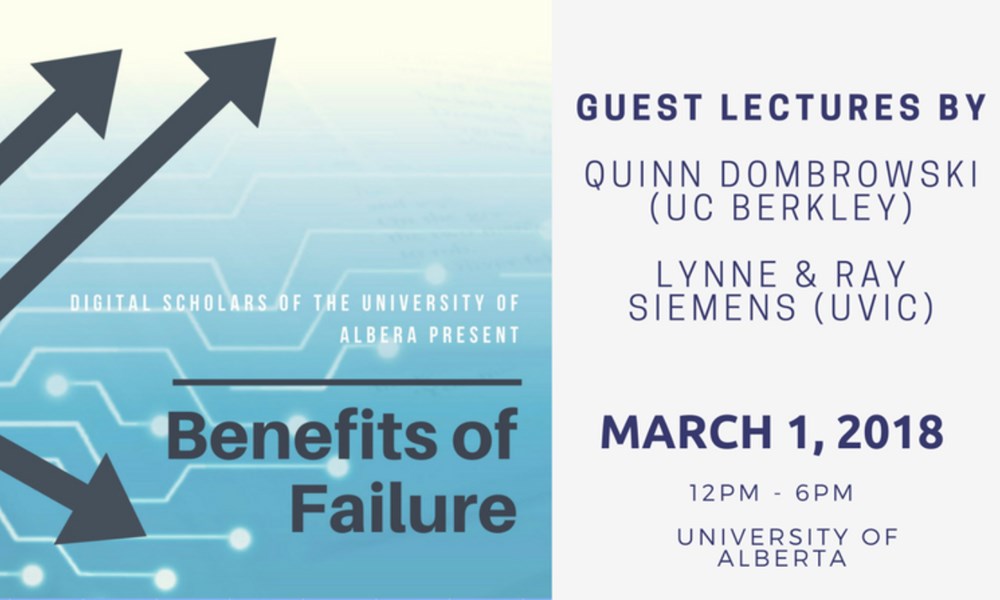These last few days I have been at the CSDH/SCHN conference that is part of the Congress 2025. With colleagues and graduate research assistants I was part of a number of papers and panels. See CSDH/SCHN Congress 2025: Reframing Togetherness. The programme is here. Some of the papers I was involved in included:
- Exploring the Deceptive Patterns of Chinook: Visualization and Storytelling Approaches Critical Software Study – Roya Sharifi; Ralph Padilla; Zahra Farhangfar; Yasmeen Abu-Laban; Eleyan Sawafta; and Geoffrey Rockwell
- Building a Consortium: An Approach to Sustainability – Geoffrey Martin Rockwell; Michael Sinatra; Susan Brown; John Bradley; Ayushi Khemka; and Andrew MacDonald
- Integrating Large Language Models with Spyral Notebooks – Sean Lis and Geoffrey Rockwell
- AI-Driven Textual Analysis to Decode Canadian Immigration Social Media Discourse – Augustine Farinola & Geoffrey Martin Rockwell
- The List in Text Analysis – Geoffrey Martin Rockwell; Ryan Chartier; and Andrew MacDonald
I was also part of a panel on Generative AI, LLMs, and Knowledge Structures organized by Ray Siemens. My paper was on Forging Interpretations with Generative AI. Here is the abstract:
Using large language models we can now generate fairly sophisticated interpretations of documents using natural language prompts. We can ask for classifications, summaries, visualizations, or specific content to be extracted. In short we can automate content analysis of the sort we used to count as research. As we play with the forging of interpretations at scale we need to consider the ethics of using generative AI in our research. We need to ask how we can use these models with respect for sources, care for transparency, and attention to positionality.


